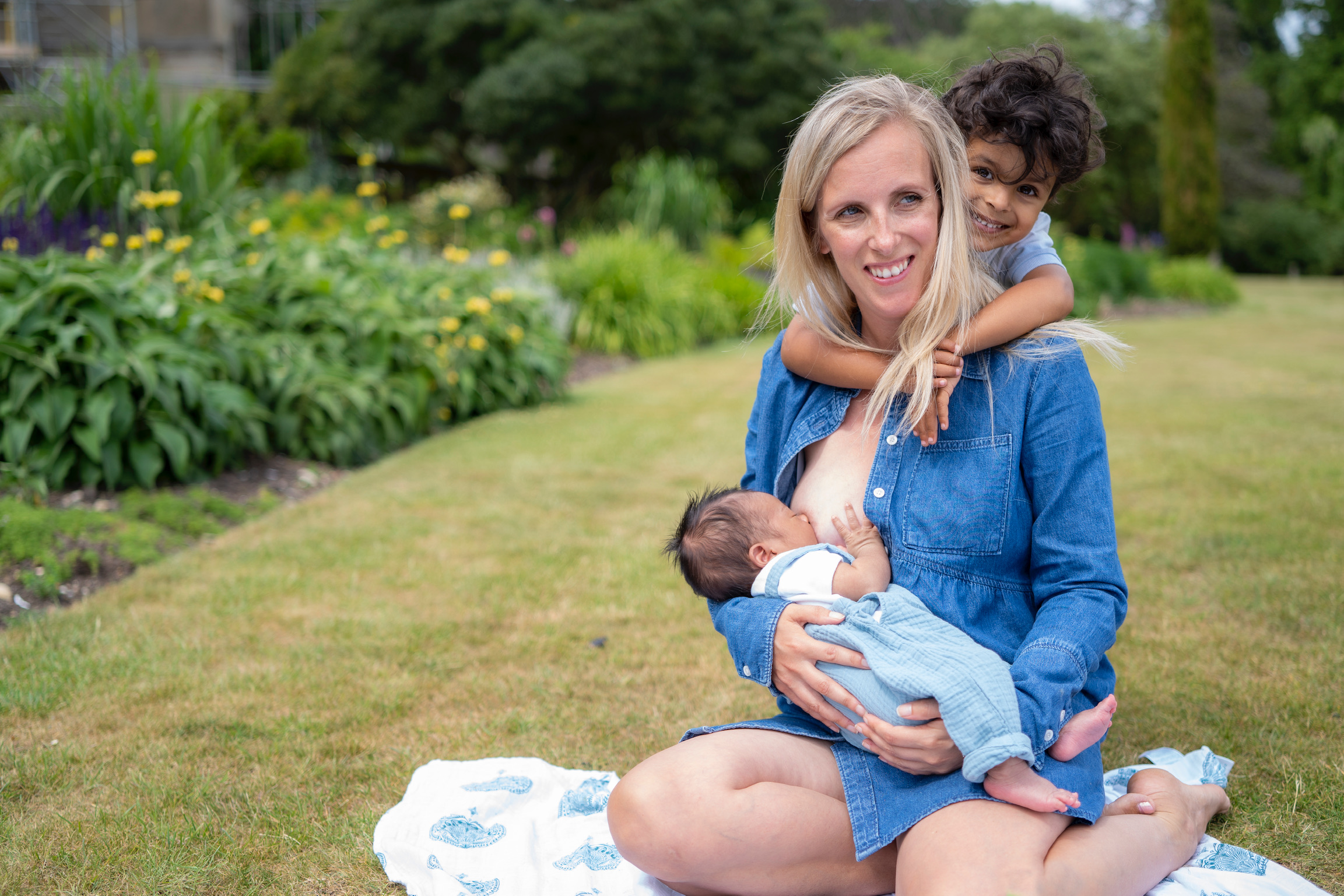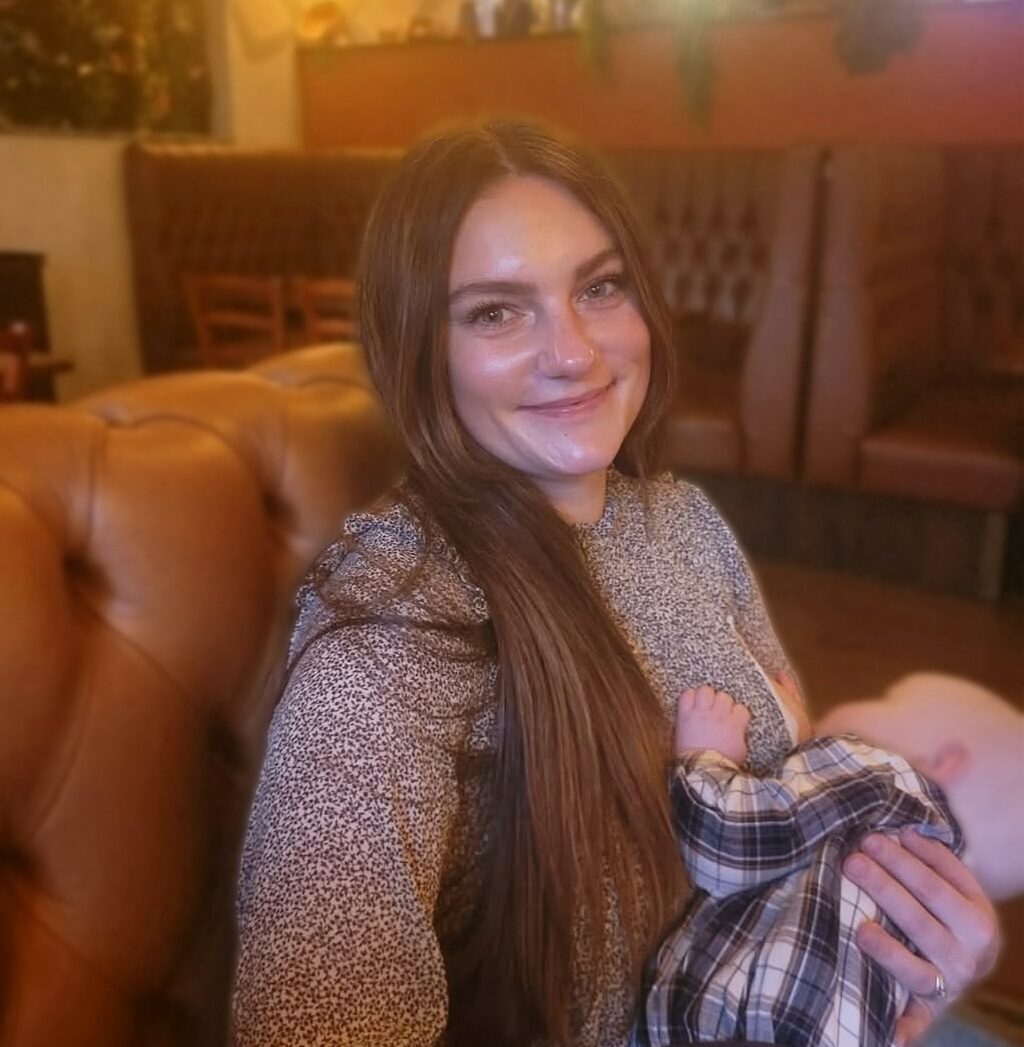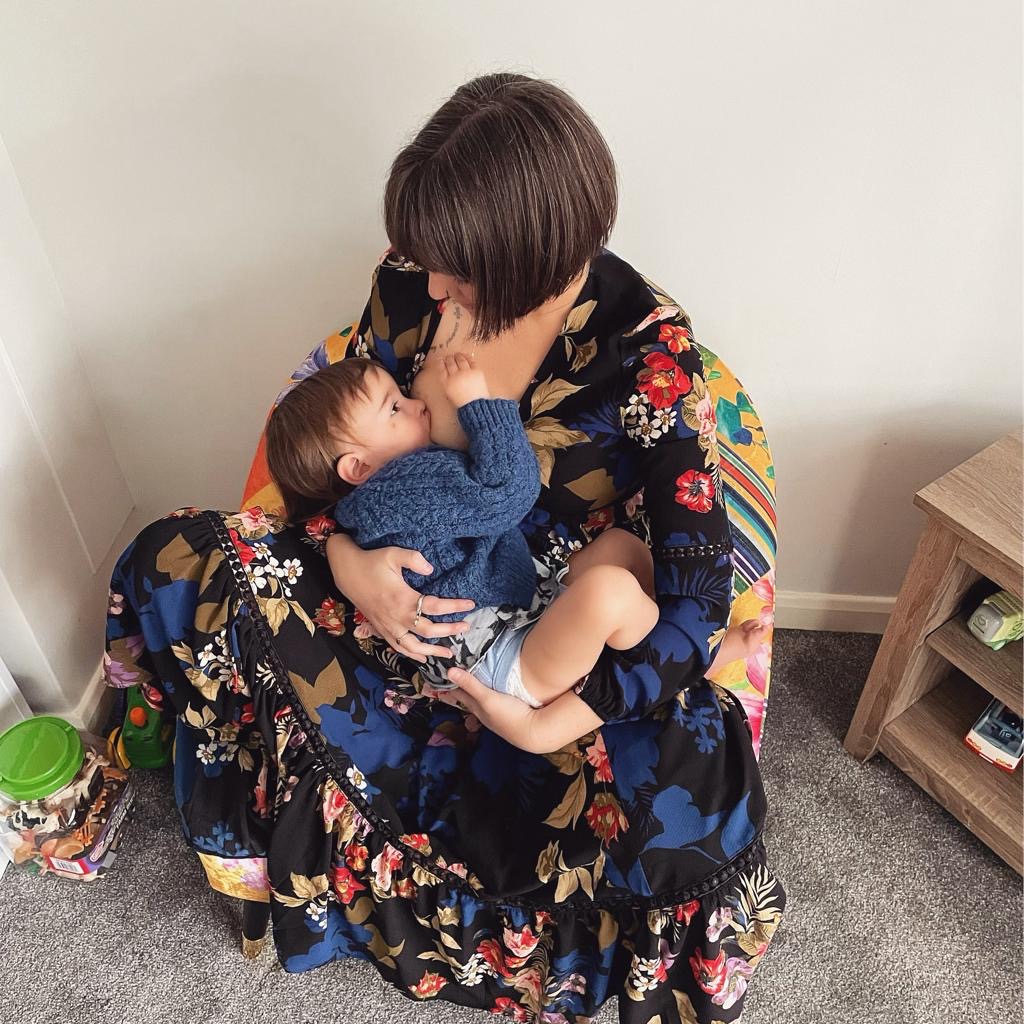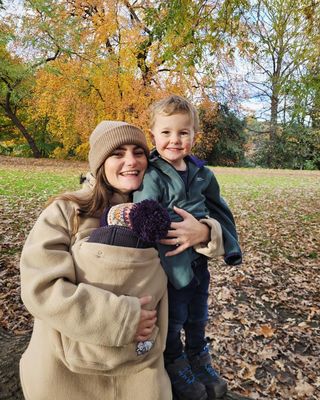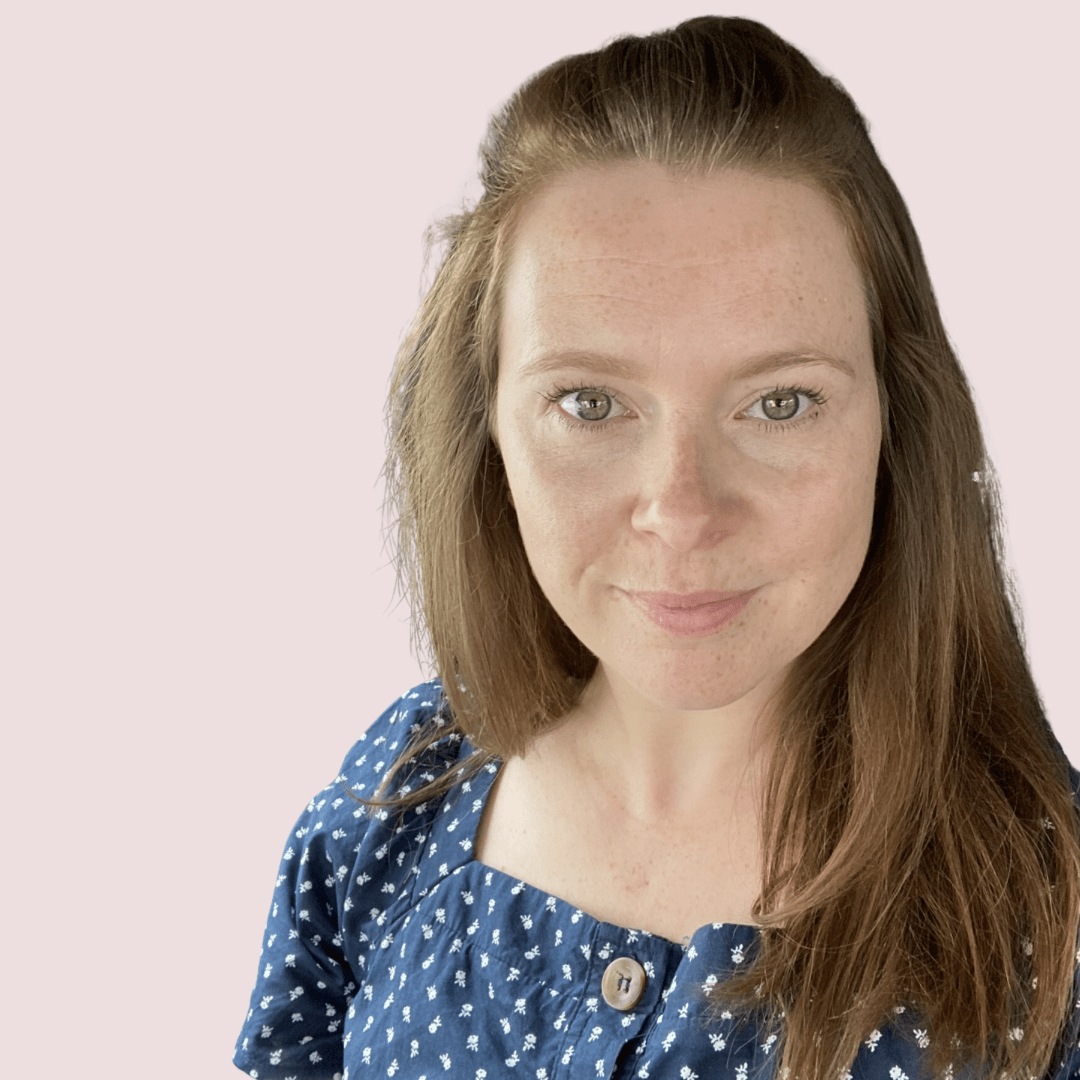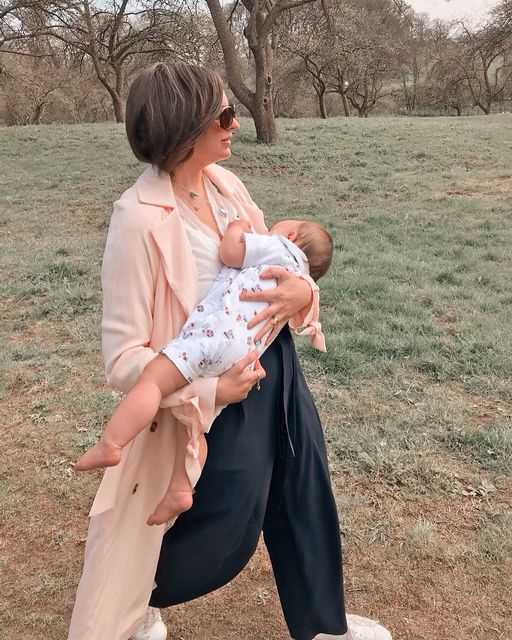What is extended breastfeeding?
Here in the UK we class extended breastfeeding as continuing to nurse past a year of age.
The World Health Organisation recommends breastfeeding until 2 years of age and beyond- alongside food after 6 months of age
In lots of countries, breastfeeding well into the toddler years is commonplace and probably doesn’t have a label such as “extended” but in the UK just 0.5% of babies are still breastfeeding at a year so our extended rates are likely even less than this.
What are the benefits of extended breastfeeding?
The benefits of breastfeeding an older baby or child are the same as the benefits of breastfeeding a younger baby, and they increase with the length of time feeding continues-
- Continued nutrition for child
- Increased immunity for the child
- Boosts child’s brain development
- Provides nutrition for child
- Provides security and emotional containment for child
- Calming for breastfeeding person
- Reduced risk of certain cancers for breastfeeding person
- Plus many more benefits
But what about work and sleep and…life?
As babies get older, they can manage longer periods without nursing and by the time most women return to work babies will be fine throughout the day (or night if you work shifts) without breastfeeding as long as they’re happy and safe with a familiar caregiver. They’ll reconnect with mum by breastfeeding when she returns.
Likewise, for other commitments, the mother might have like appointments or social events.
When will baby stop?
More people are now choosing natural term feeding, where they chest/breastfeed until the child decides to stop themselves. This is typically somewhere between age two and a half and seven years. Some people decide they are ready to stop before the child is, and there are ways to gently wean from the breast.
It’s totally individual for each family how long a baby is chest/breastfed for and as long you’re all healthy and happy with your decisions that is the most important thing.
There’s great support available from your Health Visitor, La Leche League, local feeding groups and the national breastfeeding helpline.




